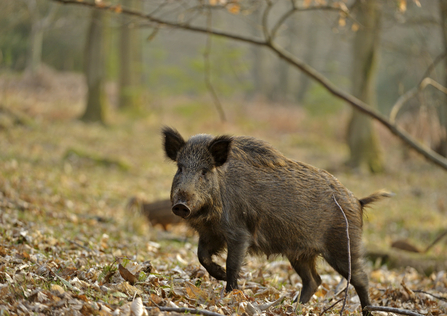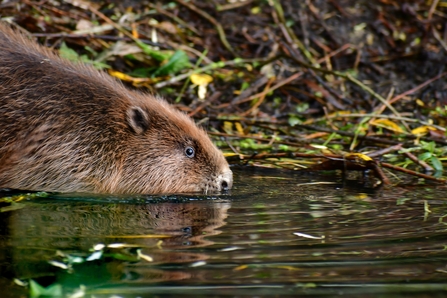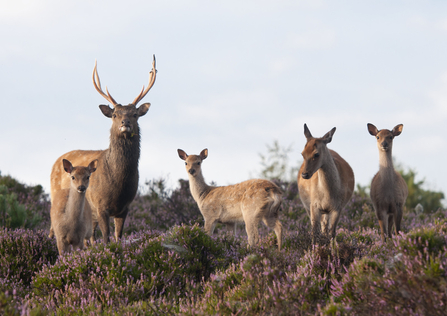As the release of the beavers at Willington, in the Trent Valley, gets closer, a small group of Derbyshire Wildlife Trust employees and volunteers have been lucky enough to receive beaver training from the legendary Derek Gow. Funded by Biffa Award who have greatly supported the beaver release project in Derbyshire alongside Severn Trent Water and the amazing public and businesses who have contributed to the crowd funder campaign.
Derek Gow is a formidable rewilding expert, whose efforts in water vole and beaver releases have placed him solidly in the hearts of many conservationists. Often referred to as the guerrilla rewilder in the press, Derek has a no-nonsense approach to rewilding. With projects of his having included water vole and beaver reintroductions, as well as breeding wild cats and storks.
Derek has been working with water voles since the 1990s and runs a specialist water vole consultancy, it was through his work with water voles and restoring wetland environments that he noticed a vital keystone species missing from British wetlands, the beaver. He has since been an important advocate for the reintroduction of beavers in Britain as part of an attempt to improve wetlands and increase biodiversity.
He is the author of “Bringing back the beaver” the story of one mans quest to rewild Britain’s waterways, released in September 2020. A brilliantly written book, that incorporates many of Derek’s stories from the last 25 years related to beaver projects across the country.
As part of his ongoing rewilding work, Derek owns and runs a farm in the Devon countryside, originally a sheep farm, Derek and his team have gradually turned it into a rewilding oasis.
Nestled in the twisting lanes of Devon there is an unassuming farm but look a little closer and you’ll realize the livestock roaming the fields isn’t your usual cattle. Derek’s farm is home to an astounding range of animals, including Exmoor ponies, heck cattle and wild boar, and that’s before you notice the pens which are home to wild cats, or visit the farmyard.



